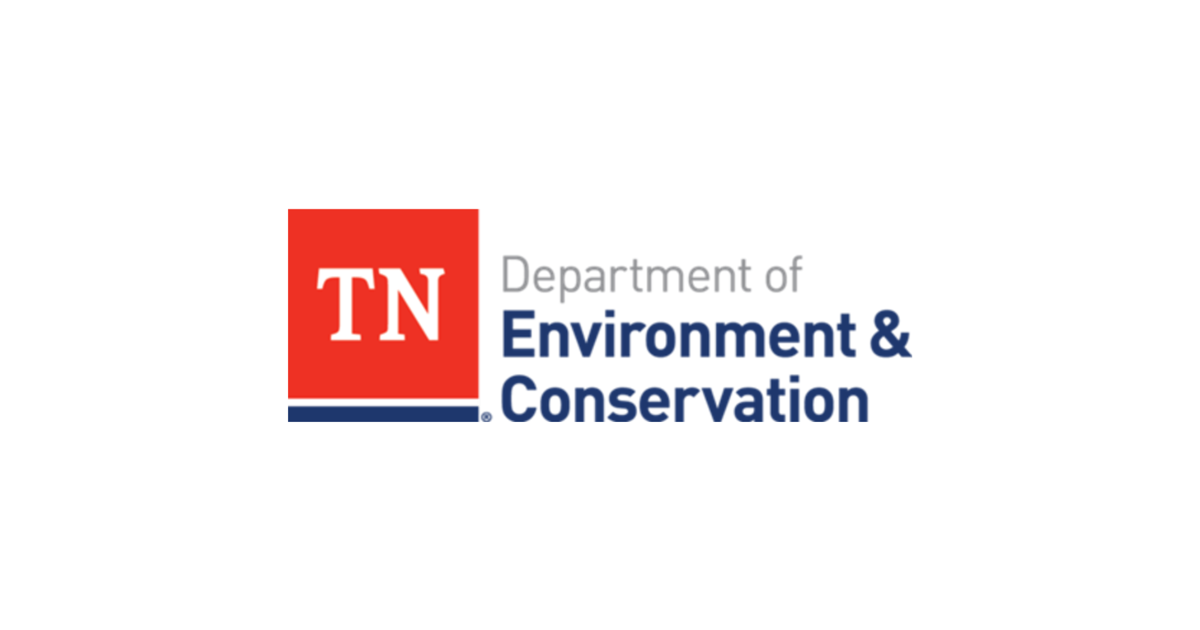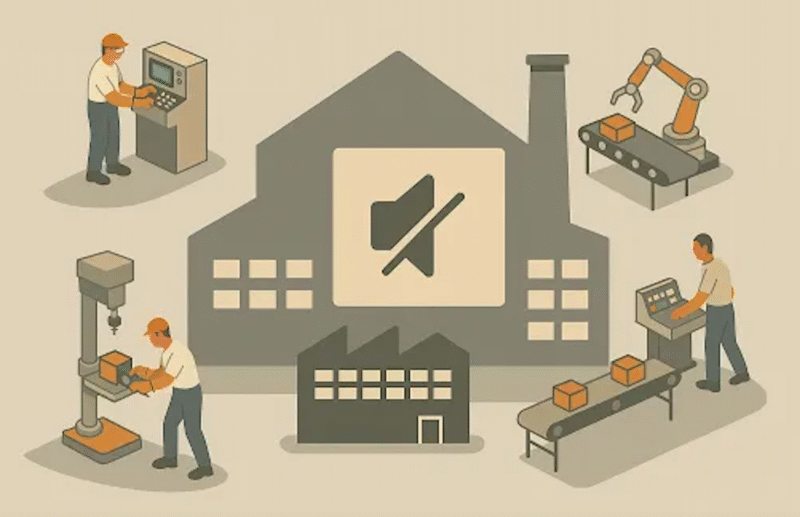Clean Sweep: TDEC Offers Free Hazardous Waste Disposal for Sullivan County Residents

Looking to responsibly dispose of hard-to-manage household waste? The Tennessee Department of Environmental Conservation (TDEC) has you covered! On the upcoming collection day, Sullivan Central Middle School will transform into a convenient drop-off center for residents seeking to safely discard items that can't be thrown in regular trash.
From 9 a.m. to 1 p.m., community members can bring their problematic waste materials and ensure they are properly handled, helping protect our environment and local community. Whether you have old electronics, hazardous chemicals, or other challenging disposal items, this event provides an easy solution for responsible waste management.
Don't miss this opportunity to clean out your garage, basement, or storage areas while contributing to environmental sustainability. TDEC's waste collection event makes it simple and convenient to get rid of those tricky household items that typically pose disposal challenges.








